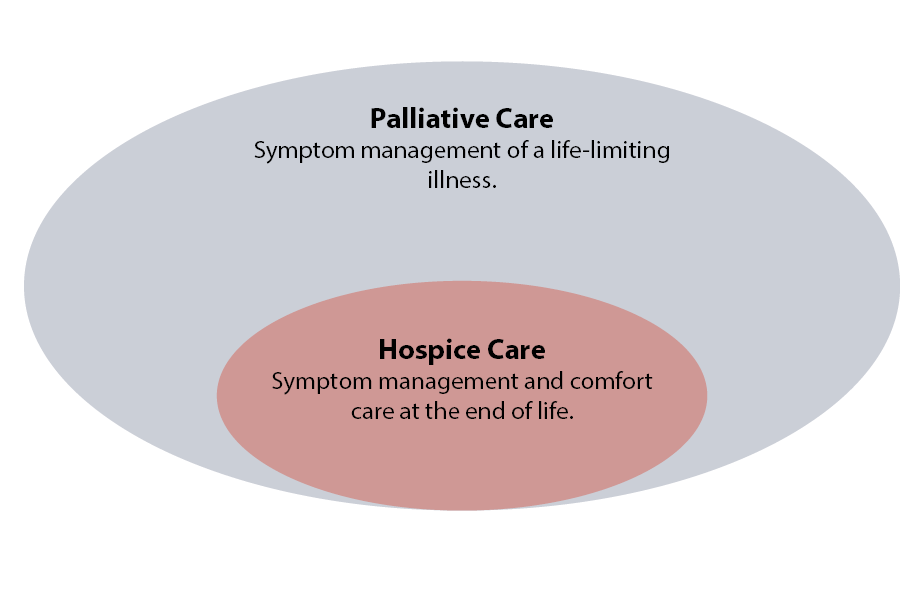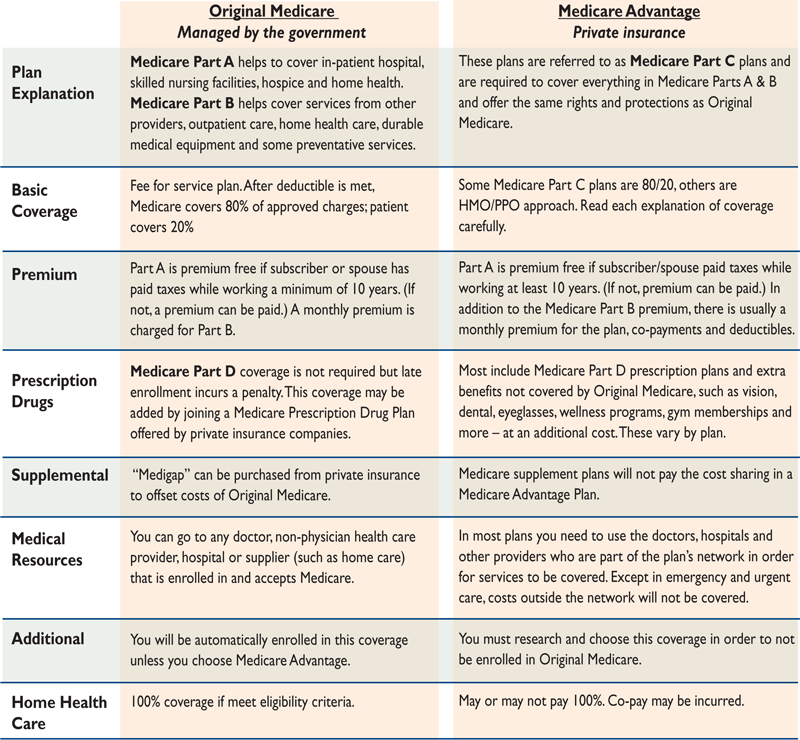Table of Content
They pass these concerns to our nurses, who then respond and address the issue before it grows worse. Perhaps they have suffered a fall or are struggling to live independently. Regardless, when a loved one needs help, it is important you understand the services available to them. There are significant differences between home care vs. home health that determine which is right for your family member. If your senior loved one is in need of home health services, you should develop a list of questions surrounding the senior’s medical needs and insurance coverage. Asking thorough questions will help you determine the right home health agency.

Private nurses usually work with clients who have severe, chronic conditions that require care beyond what a home health aide is certified for . If your loved one essentially needs hospital-level care at home, then a private nurse may be more in line with what you need. The main difference between hospice and home health is that hospice is for people with a terminal illness who aren’t expected to live longer than six months. Home health is for people who need help recovering from an illness, injury or surgery or managing a chronic health condition. There are also differences in the services provided, eligibility criteria, visit frequency, location and the team providing care.
Healthcare Management vs. Health Information Management
Because in-home medical providers only visit a few times a week, patients must make most progress on their own. Having someone by their side, assisting them, encouraging them, and holding them accountable helps them stick to their care plan. Under these circumstances, it is not surprising that patients with a reliable caregiver make the biggest strides towards recovery. Each state has its own licensing requirements for home health aide certification. Along with licensed nurses, a home health care service may have home health aides and certified nursing assistants who receive medical training and must pass a state exam. Medicare doesn’t pay for a home health aide to perform daily duties such as shopping and cooking.
Home health care differs from home care in that skilled medical professionals provide home health care services to seniors who have medical needs. They assist with wound care, give and change out IVs, administer and change medications and help seniors with therapeutic exercises that improve their overall condition. Home health care is generally fully covered by Medicare and other major insurance providers.
Definition of Home Care
Oftentimes, a home health care company may also provide personal care for an individual if it’s part of their care plan. Home Health Care refers to skilled care, whereas Home Care refers to personal care, companion care, homemaker services, custodial care, unskilled or non-clinical care. Home health care visits are typically a few hours per week, depending on the patient’s needs and doctor’s orders. For example, they must have limited ability to leave their home and require assistance to do so. Many agencies use the terms interchangeably, depending on the state you’re in. The terms sound similar and both types of care are delivered in the home.
People receiving home health and hospice care receive services through an interdisciplinary team that is assembled according to a person’s needs and goals. Home health and hospice care are used for different purposes and differ in the types of care provided, how long care is provided, and eligibility requirements. Understanding these distinctions is important for those helping loved ones make informed decisions about where and how they receive care.
The Differences: Home Health vs. Hospice
Home Health Care may be covered under Medicare, Medical Assistance and most insurance plans. Home Care may be paid by Medical Assistance dollars – if the service falls under a Department of Human Services program, such as personal care attendant services or waivered services. It could also be paid directly by the client or long-term care insurance under other Home Care licensures. Insurance coverage varies depending on location, income and medical need. Generally speaking, home health care is classified as medical care for insurance purposes, and these services are covered by Medicare and many private insurance policies when prescribed by a licenced physician. Reach out today to learn more about how we help elderly, chronically ill, and medically frail patients remain at home while receiving the companionship, level of care, and support they need and deserve.

In some cases, Medicaid or long-term insurance will cover the costs of home care. As the primary caregiver for your loved one, you have to handle the needs of the patient, yourself, and your family. Trying to find a balance between the two and making time for your own life can be overwhelming. General inpatient care is provided when the patient’s symptoms cannot be managed at home.
Custodial care isn’t covered if this is the only kind of care you need. Custodial care refers to personal assistance with daily living activities, such as bathing or getting dressed. These tasks are usually performed by home health aides and don’t require a medically trained nursing or rehabilitation team.

Custodial Care is another great way to provide support for an ill or elderly loved one, but it is a different service altogether than HHC. Custodial care services are provided by a "non-skilled" provider who does not need to be a medical or nursing professional. The services that custodial care provides include basic assistance with daily functions, such as eating, bathing, dressing, using the bathroom, in home meals and light homemaking services. Medicare coverage for in-home nursing care doesn’t usually include meals, homemaker services, or round-the-clock nursing.
The patient receives visits on an intermittent basis for as long as they meet eligibility criteria and their doctor deems care medically necessary. Hospice is also covered by Medicare, Medicaid and most private insurance plans for eligible patients. Medicare covers medications, medical equipment and supplies related to the terminal diagnosis. Home health is typically covered by Medicare, Medicaid and some private insurance plans for eligible patients. Medications are not covered under Medicare, and medical equipment and supplies may be covered at 80% under Medicare Part B.

You might also see home care referred to as personal care, companion care, homemaker services, custodial care, unskilled or non-clinical care. Depending on the individual’s needs, a home care aide might assist with meal prep, laundry, light housework, bathing, dressing, eating, using the bathroom, transportation and mobility. They may also help alleviate loneliness by providing companionship. While both HHC and Custodial Care can offer significant quality of life benefits, it's important to know that Medicare does not pay for Custodial Care, but it may pay up to 100% for HHC services.
The patient is admitted to the hospital and hospice works with the hospital to manage their symptoms. The primary goal of hospice care is to promote quality of life and manage pain and other symptoms. Your doctor must determine that your condition will improve, and that your need for home health services is temporary.
Home care services provide in-home support that is focused on helping clients retain their independence by addressing daily living needs such as nutrition, personal care and social connection. While some home health care providers may offer some assistance with activities of daily living, in general, these professionals focus on delivering medical services only. Home care services aim to allow individuals to live independently in their homes rather than needing to move to a group home or nursing facility. Personal care assistants receive payment for providing non-medical care to individuals under this program. And many of these personal assistants can include family members or close friends of the recipient of care. In addition, some Medicare Advantage plans (offered by private Medicare-approved insurance companies) may include coverage for nursing home services.
Although minor and infrequent medical services, such as first-aid for a wound, can sometimes be met on-site by nurses. These communities may sometimes also be called ALFs, residential care facilities, retirement homes, or long-term care facilities. When looking for care options for your senior loved one, use your network of physicians, family and friends for recommendations. The Care Management program at organizations like Bethesda Health Group, whose team includes a Certified Geriatric Care Manager and a Care Coordinator, can provide tremendous assistance as well. To qualify for home health, a person must be considered homebound by their physician.


No comments:
Post a Comment